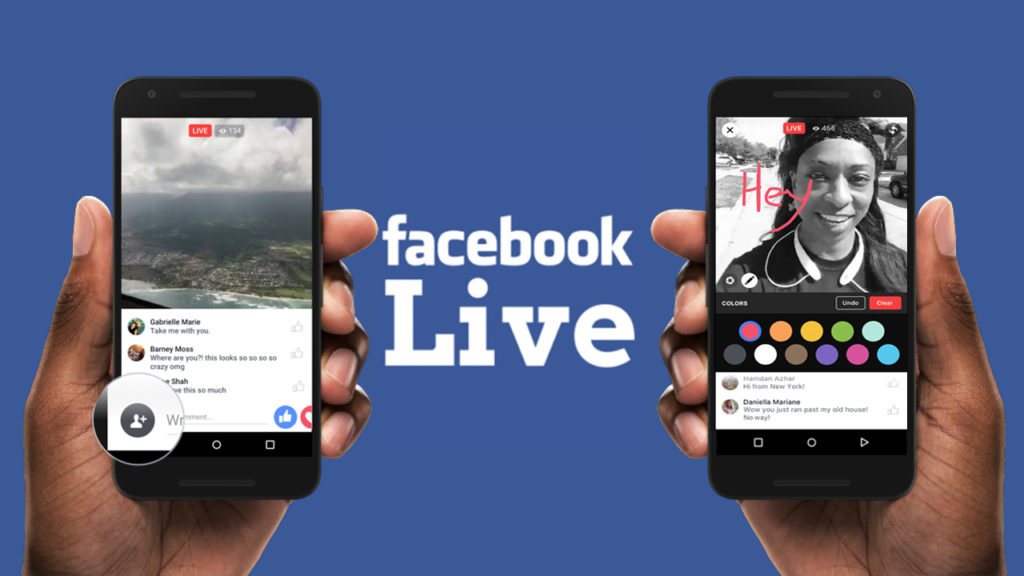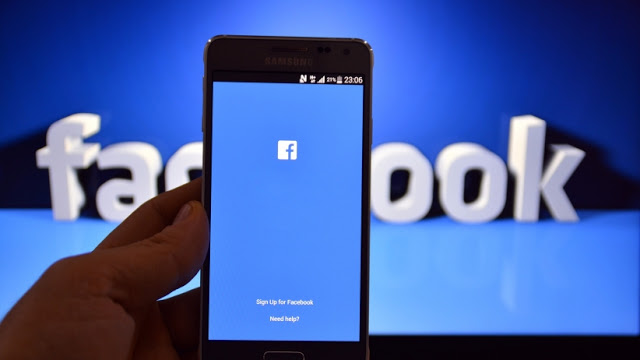Most popular social network in the world has broken its own rules, but for a good cause. Through a pilot project seeks to fight against Islamic extremists.

Facebook is experimenting with the creation of false profiles to ‘de-radicalize’ Islamic extremists who recruit not only Muslims, but also people of other religions through social networks. Through its messaging system, the social network tries to change the opinion of extremists.
It is noteworthy that the Islamic State has been able to make good use of this age of technology and social networks, because of the spread of extremist propaganda, almost like a marketing campaign.
The use of the Internet for terrorist purposes has alerted the world, especially the United Nations Office on Drugs and Crime (UNODC), which has described this problem as “the Internet makes it easy for a person to communicate with a relative anonymity, speed and efficiency, across borders, with an almost unlimited audience “.
They also add that they have classified in six categories the means used to use the Internet for terrorist purposes.
“This approach has led to the classification of six categories: propaganda (including recruitment, radicalization and incitement to terrorism), financing, training, planning (both through secret communications and information from public domain), execution, and cyber attacks”.
In this way, Facebook, according to information collected by the BBC, tries to give the same medicine to extremists.
They identified and contacted through false profiles hundreds of people who shared Islamic extremist content in their social networks, started conversations with them in order to make them change their minds about their fundamentalism.
The people behind the fake Facebook accounts are therapists, terrorist survivors and former radical group members.
Although some people feel their privacy threatened. In dialogue with the BBC, the Institute for Strategic Dialogue that was part of the project, mentioned that they made use of software with which they scanned Facebook pages and profiles of radical groups and individuals.
Later they looked for violent language, incitement to terrorism and extremist propaganda in each of them.
According to this institution, 76 of the 569 people contacted exchanged five or more messages. Of those 76 people, eight people showed some positive change.
Themes
Facebook Islamic State Islamic extremists














